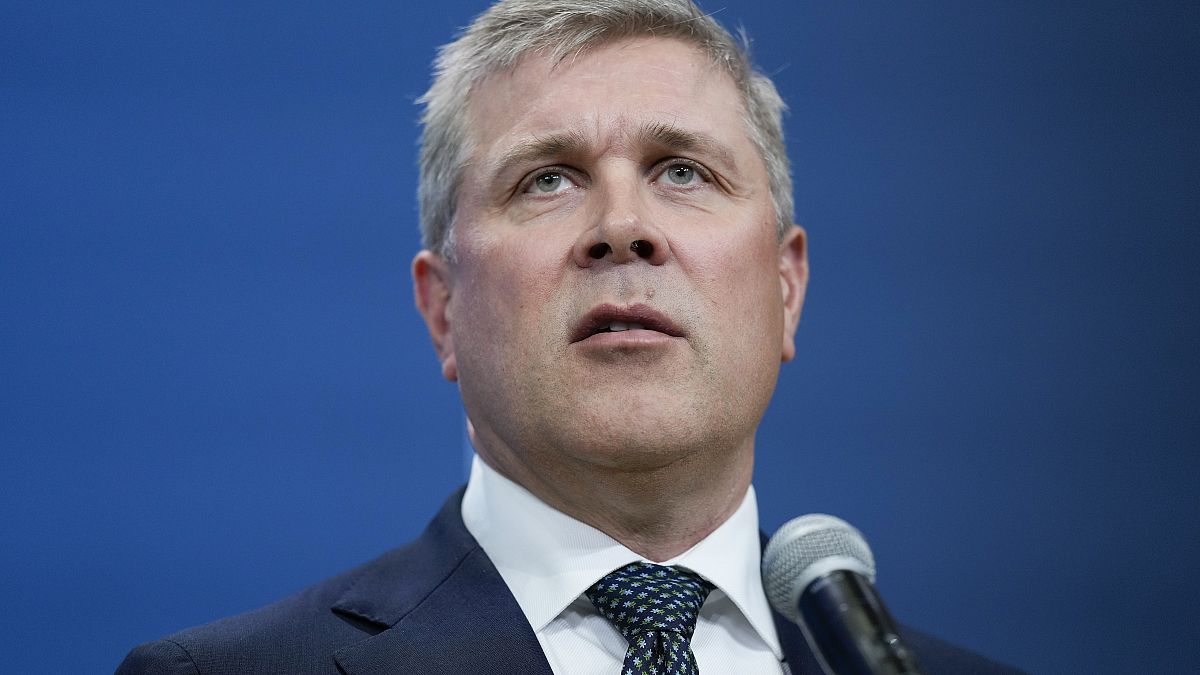The Prime Minister of Iceland, Bjarni Benediktsson, made a surprise announcement regarding the dissolution of the country’s governing coalition during a press conference in Reykjavik. Citing growing disagreements between the three political parties that make up the ruling coalition, Benediktsson stated that issues such as policy regarding asylum seekers and the future of energy efficiency have caused divisions within the government. As a result, fresh parliamentary elections are expected to take place on 30 November, pending approval from President Halla Tómasdóttir. National broadcaster RUV has reported that elections must occur within 45 days of the dissolution of parliament.
The coalition government in Iceland consists of Benediktsson’s conservative Independence Party, the centre-right Progressive Party, and the leftist Greens. Infrastructure Minister and Green Party chairman Svandis Svavarsdottir expressed her surprise at the decision to dissolve parliament, stating that the move had not been discussed in previous talks with Benediktsson. She believed that discussions were centered around pressing issues such as the economy, housing, and issues affecting everyday citizens. The dissolution of the coalition comes after a series of volcanic eruptions in Iceland forced thousands to evacuate their homes, adding strain to an economy already grappling with high inflation and rising interest rates.
The ruling coalition, which has been in power since November 2021, has faced challenges and criticisms in recent months. The announcement of fresh parliamentary elections comes at a crucial time for Iceland as the government seeks to address various issues impacting the country. By dissolving the coalition and calling for elections, Benediktsson aims to address the growing disagreements and challenges within the government. The upcoming elections will provide Icelandic citizens with an opportunity to choose their representatives and shape the future direction of the country’s leadership and policies.
President Halla Tómasdóttir will play a key role in the process of accepting the motion to dissolve parliament and setting the stage for the upcoming elections. As the political landscape in Iceland continues to evolve, it is essential for all parties involved to navigate the changing dynamics and uncertainties. The decision to dissolve the coalition and hold fresh elections reflects the need for a new direction and approach in addressing the pressing issues facing the country. With a focus on transparency, accountability, and effective governance, Iceland’s political leaders must work together to ensure a smooth transition and successful electoral process.
The dissolution of the ruling coalition in Iceland marks a significant turning point in the country’s political landscape and governance. The decision to end the coalition reflects the challenges and divisions that have emerged within the government, particularly on key policy issues such as asylum seekers and energy efficiency. As Iceland prepares for fresh parliamentary elections on 30 November, the outcome of the electoral process will have far-reaching implications for the country’s future direction and leadership. It is crucial for all parties involved to engage in constructive dialogue, transparency, and collaboration to address the pressing issues facing Iceland and chart a path towards prosperity and stability.











